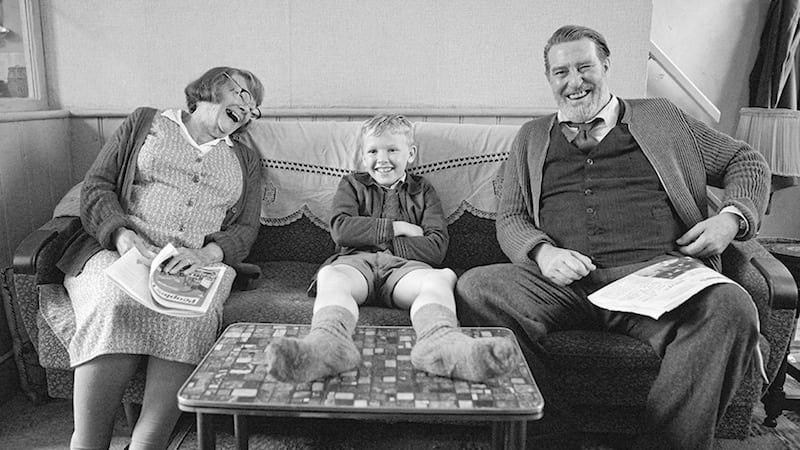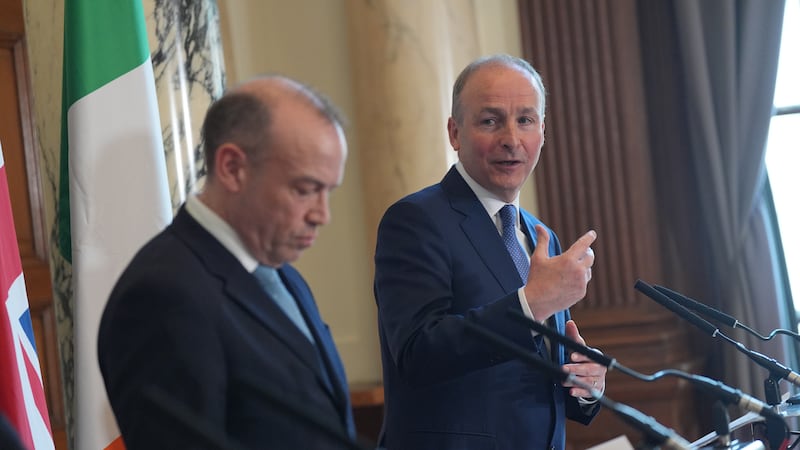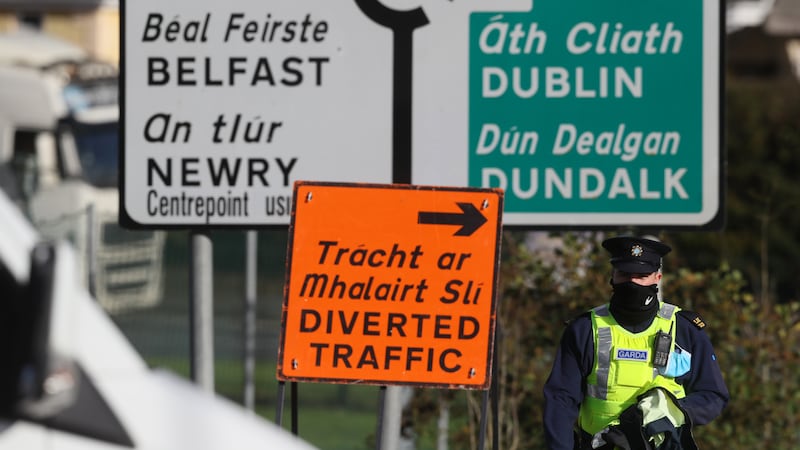The film ‘Belfast’ is festooned with Oscar nominations and some found it ‘moving’: the occasional relative living ‘over there’, reviewers, and even an occasional veteran of Troubles reporting.
Now for some spoilers, but no complaining. If you haven’t seen it for yourself, by now you must have seen or heard a dozen opinions, from worshipful verging on smarmy to ‘way too shiny and obvious’.
For those of us who avoid Troubles fiction, art, music, television, possibly to an obsessive degree, straight curiosity has probably lured most to go and see it. And yes, literal viewing is better turned off for an hour and a half. This is not a documentary. It’s a feature film by a talented self-promoter - at a guess a chilly chap, or so he himself hinted in publicity interviews. Who has made the very most of his talents and turned what he retains from a Belfast childhood into fluid, polished cinema.
Most of us don’t watch films set elsewhere on the lookout for the unlikely, the over-stated, the plain wrong. This is meant to be what a movie-mad eight-year-old saw, understood or half-understood, camera angles at a small boy’s head height, crowd scenes floating phrases to his ears. It works, except when it doesn’t.
You’ll have heard about the flaws, mainly Judi Dench’s accent. Kenneth Branagh is a better director than scriptwriter. Beautiful Caitriona Balfe is directed to deliver a couple of big speeches more slowly than the writing bears. But it all looked great. That was some start. Ciaran Hinds, cool pro, is very good.
The date Branagh’s family left for England, roughly suggested, is not at all coincidentally the last moment a Troubles flashback could be presented, credibly, without mention of violent death. Although big-name English journalist Max Hastings wouldn’t have that. The memory burned off the page, of helping to carry the already dead nine-year-old Patrick Rooney, not much older than the child Branagh, shot by RUC machine-gun fire through the wall of Divis Tower on the night of August 14 1969.
A lingering question came in crisp style, from a man who avoids screen accounts of his own lifetime for the sake, he says, of his blood pressure.
‘Did it show the Catholics getting burned out?’ That it did. Without the least attempt to excuse those who did the burning.
The puzzle is that today’s unionists haven’t gone up in smoke. Self-awareness at last? Knowing it’ll bring in tourists? Though of course there may be fierce griping in social media swampland; best ignored.
Cartoonish ending, said one of the more blunt reviews. It was rescued as the credits begin to roll by the silent words on screen, thoughtfully done, with respect. For those who left, for those who were lost, for those who stayed. That tugged heartstrings, for sure.
Some fled in ’69, 70, 71, the biggest number in the horror of 1972. The film prompted post-Troubles youth to ask why did YOU stay, why didn’t YOU go? But we could never have guessed how long it would all go on. We couldn’t bear to think. We had no idea.
Heart-string tuggers for many now are their grown children halfway round the world who left and never came back. Not completely true. They visit. We wanted them to go for bigger lives. Hard on ageing relatives, family friends too. Reared them for export, that’s what we did.
Maybe the thought powered up the sight of the stumbling old grandmother left behind, Dench here in her one acting moment of the film, always able to play silence into heartbreak. Too late to weigh against her performance as a whole, but her last wordless minutes, arguably, had skill and heft beyond most of the young cast on the screen beyond her.
In the airport bus just leaving from the bottom of their own street. Very handy, that. No niggling. It’s a story.








